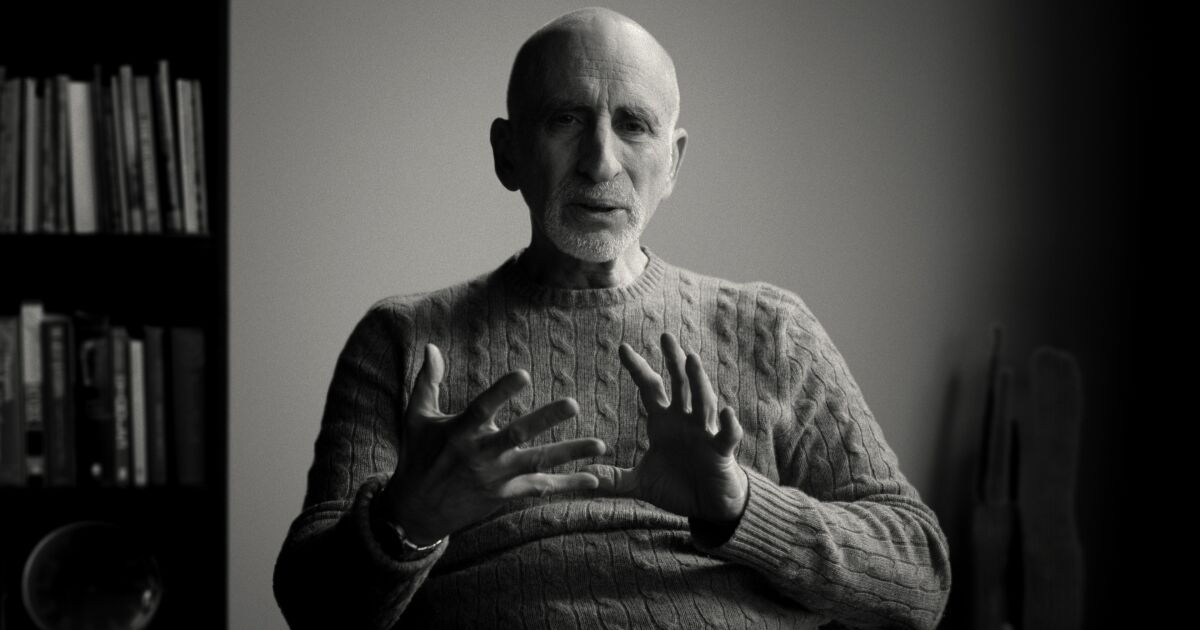Actresses on therapy for Hollywood
Mental health has become an important and frequently discussed topic in Hollywood over the past few years. In particular, many actresses have opened up about their own struggles with mental health issues and the ways in which they have sought help through therapy. Here are just a few examples:
Emma Stone

Emma Stone has been open about her struggles with anxiety, which she has experienced throughout her life. As a child, she suffered from panic attacks, and her parents recognized her need for help when she was just 7 years old. Stone has since talked about the benefits she has gained from therapy and believes that acting has therapeutic benefits as well.
Kirsten Dunst

Kirsten Dunst has also talked about the benefits of therapy, saying that it has helped her to deal with the pressure of being in the public eye. She has said that therapy is “a luxury” and that everyone can benefit from it, regardless of whether or not they are in the public eye.
Lena Dunham

Actress and writer Lena Dunham has been candid about her experiences with mental health, including her struggles with anxiety and obsessive-compulsive disorder. She has talked openly about seeking help through therapy, and has been a vocal advocate for mental health awareness.
Viola Davis

Viola Davis has also spoken about her experiences with therapy, saying that it has helped her to overcome her own insecurities and to deal with difficult life experiences. She has said that therapy can be a powerful tool for anyone who is struggling with mental health issues.
Cara Delevingne

Cara Delevingne has been open about her own struggles with depression, which she has experienced since she was a teenager. She has talked about the benefits of therapy and of seeking help when needed, and has been a vocal advocate for mental health awareness.
Lady Gaga

Pop star Lady Gaga has also discussed her own struggles with mental health, including her experiences with depression, anxiety, and post-traumatic stress disorder. She has talked about the ways in which therapy and medication have helped her to manage these issues, and has used her platform to advocate for mental health awareness and treatment.
Amy Schumer

Amy Schumer has talked about her experience with therapy in her stand-up comedy, saying that it has helped her to deal with issues related to anxiety, depression, and her parents’ divorce. She has also said that therapy has helped her to become more self-aware and to better understand her own needs and emotions.
Taraji P. Henson

Taraji P. Henson has spoken publicly about her own struggles with anxiety and depression, saying that therapy has been a critical part of her journey to better mental health. She has also been vocal about the need for greater mental health awareness and access to treatment, particularly in marginalized communities.
Conclusion
More and more actresses in Hollywood are speaking out about their own experiences with mental health issues and the ways in which they have sought help through therapy. By sharing their stories and advocating for greater awareness and access to mental health treatment, these actresses are helping to reduce the stigma surrounding mental health issues and encouraging others to seek help when they need it.
FAQs
1. Are only actresses in Hollywood seeking therapy?
No, many people, including non-actresses, seek therapy to address mental health issues.
2. Is seeking help for mental health issues a sign of weakness?
No, seeking help for mental health issues is a sign of strength. It takes courage to acknowledge that you need help and to take steps to improve your mental health.
3. What should I do if I am experiencing mental health issues?
If you are experiencing mental health issues, the first step is to talk to someone you trust, such as a friend, family member, or medical professional. They can help you to find the support and resources you need.
4. Is therapy expensive?
The cost of therapy can vary depending on where you live and the type of therapy you are seeking. However, many therapists offer sliding scale fees or accept insurance, which can help to reduce the cost of therapy.
5. Can therapy really help with mental health issues?
Yes, therapy can be a powerful tool for managing and treating mental health issues. It can help individuals to better understand their thoughts, emotions, and behaviors, and to develop coping strategies for dealing with life’s challenges.

